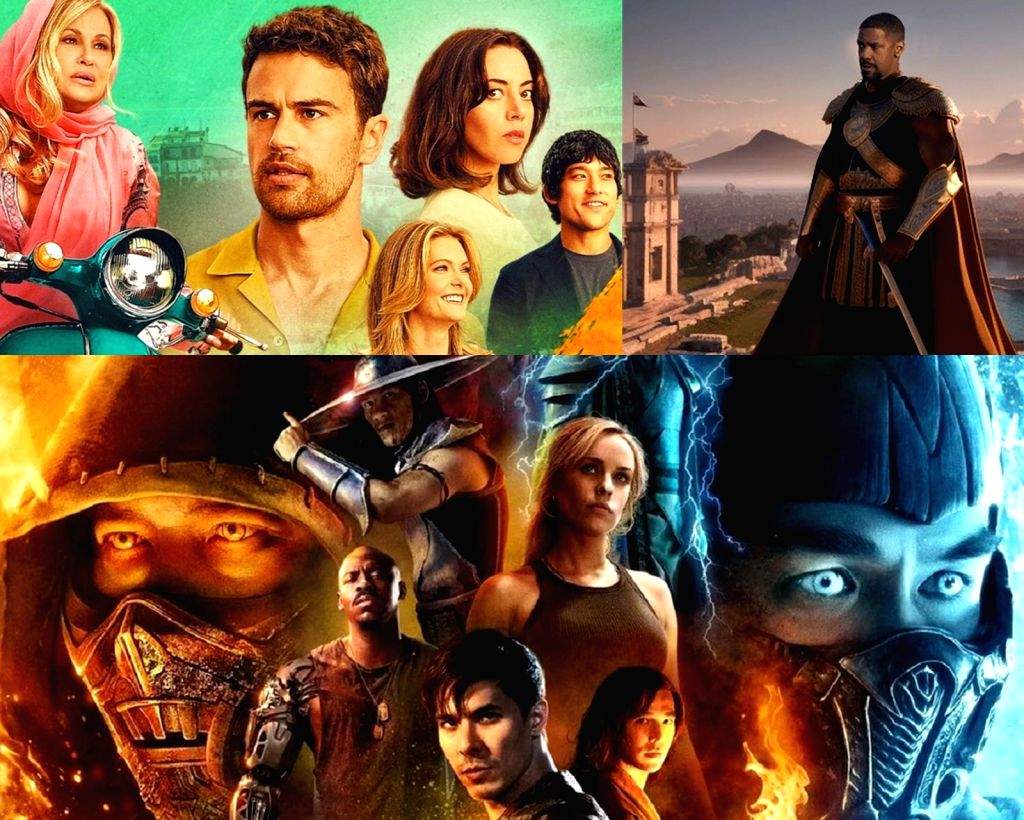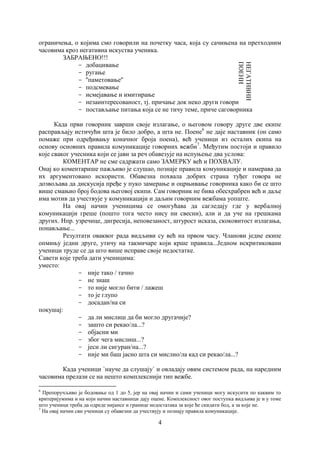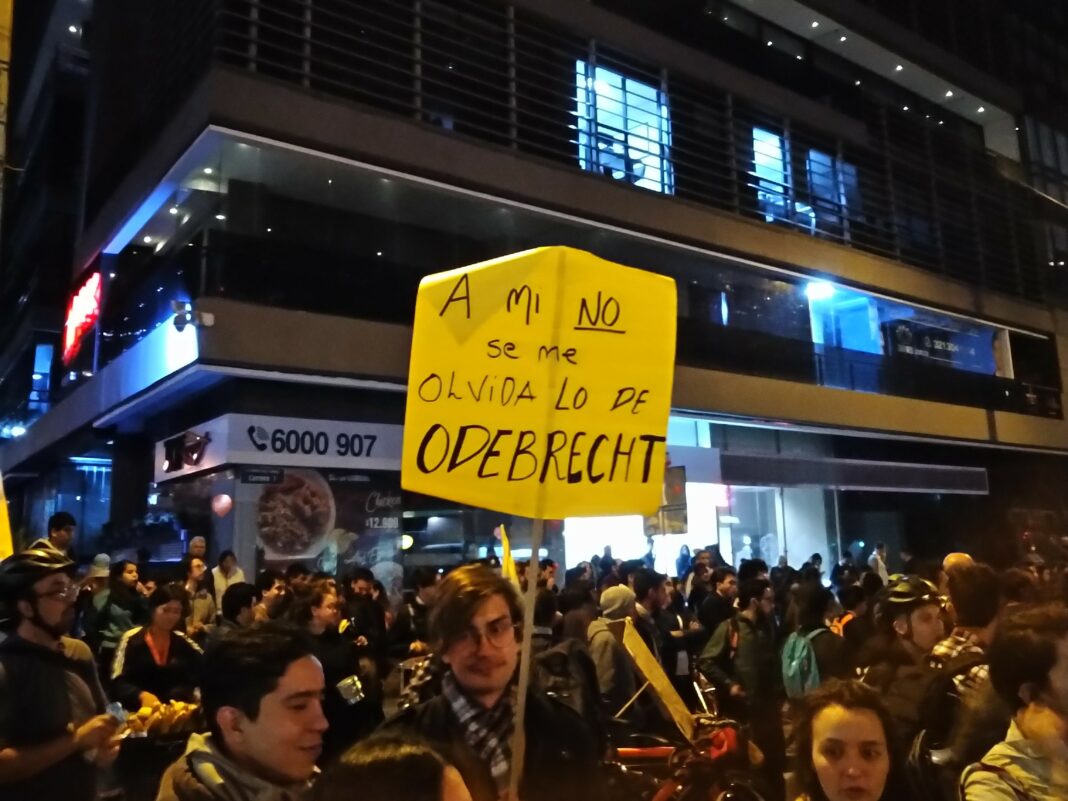Double Trouble In Hollywood: Writers' And Actors' Strike Cripples Production

Table of Contents
The Writers' Strike: Demands and Impact
The WGA strike, which began in May 2023, stems from several key demands centered around fair compensation, the evolving landscape of streaming, and the burgeoning threat of artificial intelligence. The union argues that traditional compensation models are insufficient in the age of streaming, where profits are often opaque and residuals are significantly lower than in the network television era.
- Demand for higher minimum wages: The WGA seeks to increase minimum wages to reflect the rising cost of living in major entertainment hubs like Los Angeles and New York City. This is crucial for ensuring a livable wage for all writers, from staff writers to showrunners.
- Fight for better residuals from streaming platforms: Streaming services have fundamentally altered the television landscape, yet the compensation models haven't kept pace. The WGA is fighting for a fairer share of profits generated from streaming platforms, ensuring writers receive adequate residuals for their work.
- Concerns about the use of AI in writing: The rise of AI writing tools poses a significant threat to writers' livelihoods. The WGA is pushing for safeguards to prevent the replacement of human writers with AI, protecting their jobs and creative input.
- Impact on late-night television and scripted series production: The strike has completely halted production on numerous late-night shows and scripted series, leaving a void in the television schedule and impacting viewers' access to new content.
- Economic impact on writers and support staff: The strike has a significant financial impact on writers and numerous support staff members who rely on the continued production of television and film.
The Actors' Strike: Joining Forces and Shared Concerns
SAG-AFTRA joined the WGA on the picket line in July 2023, solidifying a powerful united front against the Alliance of Motion Picture and Television Producers (AMPTP). Their demands mirror many of the WGA's concerns, focusing on fair wages, residuals in the streaming era, and the ethical implications of AI.
- Concerns about fair compensation for streaming and residuals: Similar to the writers, actors are concerned about the lack of fair compensation for work on streaming platforms, where residuals are often minimal or nonexistent.
- Issues surrounding the use of AI in replicating actors’ performances: The use of AI to replicate actors' performances, particularly through deepfakes and performance capture, raises concerns about job security and the potential exploitation of actors' likenesses.
- The impact on film and television productions, including commercials and voice-overs: The strike has brought nearly all film and television production to a halt, including commercials, voice-over work, and other related projects.
- The solidarity shown between actors and writers: The combined strike demonstrates a powerful show of solidarity between writers and actors, highlighting their shared concerns and the need for systemic change within the entertainment industry.
- Potential long-term effects on actors' careers and livelihoods: The prolonged nature of the strike poses significant challenges to actors' careers and financial stability, particularly for those who rely on consistent work.
The Ripple Effect: Economic and Cultural Consequences of the Hollywood Strike
The Hollywood strike's impact extends far beyond the entertainment industry itself. The ripple effect is felt across numerous related sectors and communities.
- Job losses across various sectors linked to film and television production: The shutdown of productions has resulted in widespread job losses for numerous individuals working in related industries, including catering, transportation, and post-production.
- Economic downturn in cities reliant on Hollywood productions: Cities like Los Angeles and New York City, which are heavily reliant on the film and television industries, are experiencing an economic downturn due to the strike.
- Delay or cancellation of major film and television releases: The strike has led to the delay or cancellation of numerous high-profile film and television releases, impacting studios' release schedules and potentially delaying box office revenue.
- Impact on awards season and the entertainment calendar: The strike is significantly impacting awards season, potentially delaying or altering award ceremonies and impacting the flow of entertainment news.
- Potential shifts in the way content is produced and consumed: The strike may accelerate shifts towards alternative models of content production and distribution, potentially including independent films, streaming services prioritizing user-generated content, or even alternative distribution models.
Potential Solutions and Negotiations
Resolving the Hollywood strike requires a multifaceted approach, incorporating negotiation, mediation, and a willingness from both sides to compromise.
- Analysis of the current state of negotiations: Negotiations between the unions and the AMPTP are ongoing, with both sides presenting their demands and outlining areas of potential compromise.
- Discussion of potential compromises and concessions: Finding a mutually acceptable solution requires both the unions and the studios to make concessions on certain issues while remaining firm on core principles.
- The role of public opinion and media coverage: Public opinion and media coverage play a significant role in shaping the narrative surrounding the strike and influencing the negotiations.
- Potential legal challenges and implications: The strike raises complex legal questions concerning labor laws, contract negotiations, and the implications of AI in creative industries.
Conclusion
The simultaneous Writers' and Actors' strike represents a critical turning point in Hollywood. This unprecedented Hollywood strike highlights crucial issues regarding fair compensation, the influence of streaming services, and the ethical use of AI. The economic and cultural consequences are extensive, affecting not just the careers of writers and actors but impacting countless related industries and communities. The path to resolution demands careful negotiation and a commitment from all sides to address the legitimate concerns raised by the striking unions. The future of Hollywood depends on a just and equitable outcome to this critical Hollywood strike. To stay updated on the latest developments, continue following news regarding the Hollywood strike.

Featured Posts
-
 Iz Ave Marinike Tepi Da Li E Rech O Govoru Mrzhnje Protiv Roma
May 13, 2025
Iz Ave Marinike Tepi Da Li E Rech O Govoru Mrzhnje Protiv Roma
May 13, 2025 -
 Self Defense Shooting And The Importance Of Legal Protection Insurance
May 13, 2025
Self Defense Shooting And The Importance Of Legal Protection Insurance
May 13, 2025 -
 Problemi Ta Osoblivosti Rozselennya Romskogo Naselennya V Ukrayini
May 13, 2025
Problemi Ta Osoblivosti Rozselennya Romskogo Naselennya V Ukrayini
May 13, 2025 -
 Hl Khalf Lywnardw Dy Kabryw Qanwn Mwaedth Alshhyr
May 13, 2025
Hl Khalf Lywnardw Dy Kabryw Qanwn Mwaedth Alshhyr
May 13, 2025 -
 Corruption Case Jeopardizes Colombias Pension Law
May 13, 2025
Corruption Case Jeopardizes Colombias Pension Law
May 13, 2025
